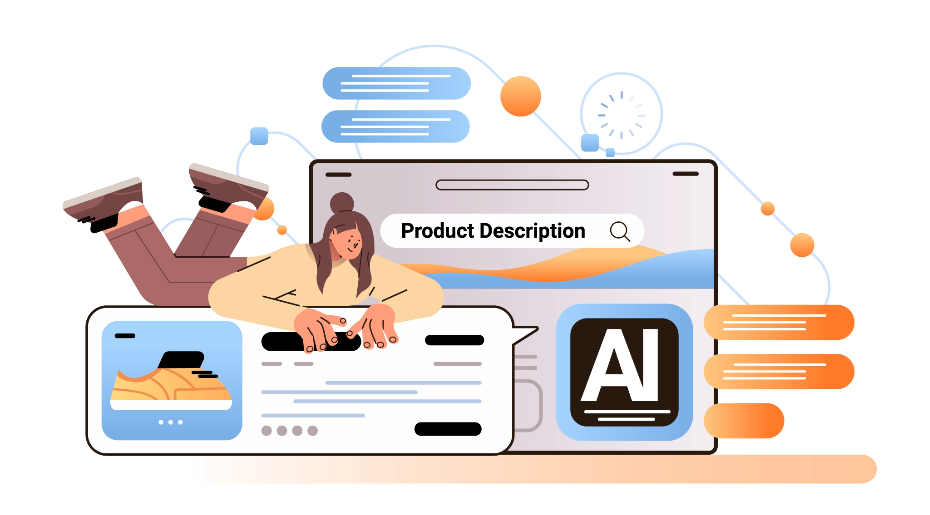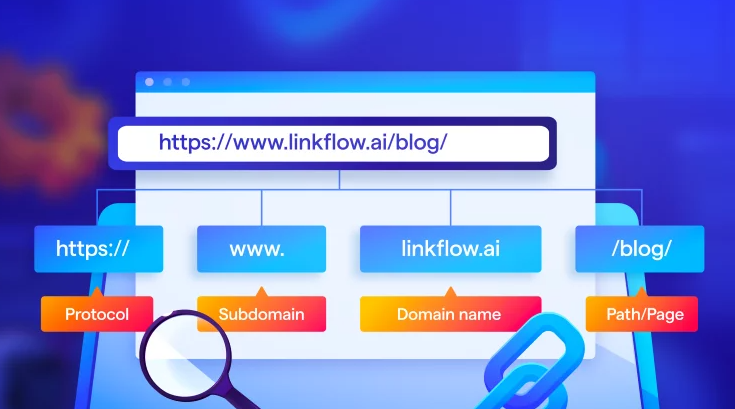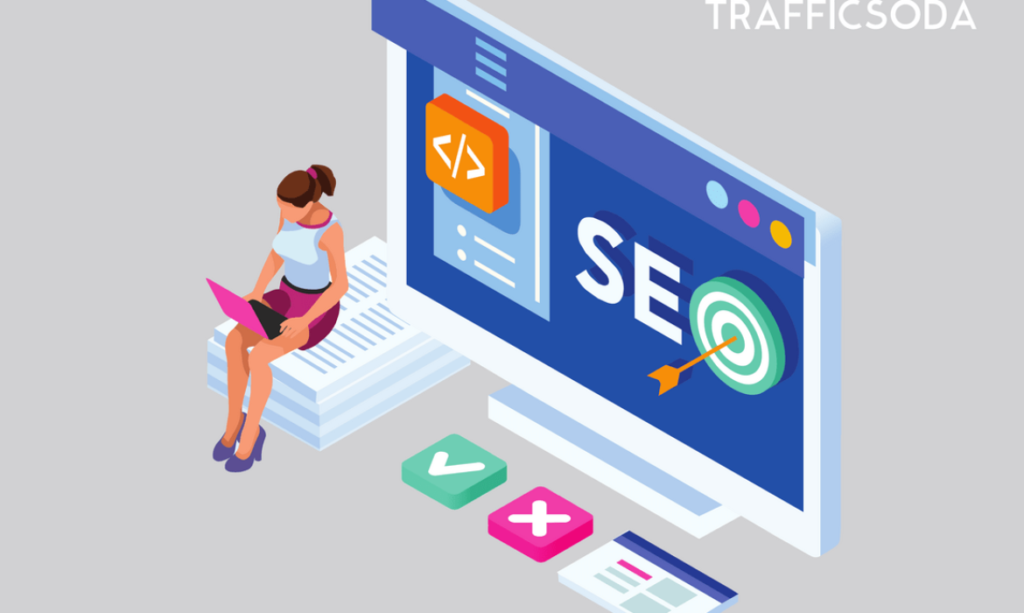Are you looking to improve the visibility of your Shopify store on search engines? In today’s competitive digital landscape, having a strong SEO strategy is crucial for boosting organic traffic and maximizing sales. Fortunately, Shopify offers a range of built-in features and plugins that can help optimize your store for search engines. In this article, we will explore the best practices for optimizing your seo for shopify store, ensuring that your business stands out in search engine rankings.
Table of Contents
- Relevant Keywords
- Optimize Product Descriptions
- Improve Page Load Speed
- Optimize URLs and Title Tags
- Create High-Quality Content
- Enable Social Sharing
- Optimize Images
- Key Tips for Shopify SEO
- Conclusion
- FAQs
- Q1. How important is keyword research for optimizing my Shopify store’s SEO?
- Q2. What are some key tips for optimizing product descriptions on Shopify?
- Q3. How does page load speed affect SEO for Shopify stores?
- Q4. Why are URLs and title tags important for SEO on Shopify?
- Q5. What role does social sharing play in SEO for Shopify stores?
Relevant Keywords
Keyword research forms the foundation of any successful SEO strategy. Start by identifying relevant keywords that are frequently searched by your target audience. Use keyword research tools to help you generate valuable insights into search volumes and competition. Incorporate these keywords into your product descriptions, meta tags, URLs, and headings. However, it’s important to strike a balance and avoid keyword stuffing, as this can harm your SEO efforts. Aim for a natural and organic integration of keywords throughout your store’s content.
Optimize Product Descriptions
When it comes to Shopify SEO Service, optimizing your product descriptions is crucial. Instead of using generic descriptions supplied by manufacturers, take the time to write unique and compelling descriptions that include relevant keywords. Ensure that your product descriptions are informative, engaging, and accurately represent your products.

Improve Page Load Speed
Page load speed is a critical factor in both user experience and SEO rankings. Slow-loading pages not only discourage visitors but also negatively impact your search engine rankings. Optimizing your store’s load speed can be achieved by compressing images, minimizing HTTP requests, and using a content delivery network (CDN). Shopify’s built-in caching mechanisms and fast server response times also help improve load speed.
Optimize URLs and Title Tags
URLs and title tags play a significant role in optimizing your store’s SEO. Make sure your URLs are concise, descriptive, and follow a logical structure. Include relevant keywords in your page titles and meta descriptions to improve visibility in search engine results.

Create High-Quality Content
Content remains king in the world of SEO. Regularly publishing fresh, informative, and engaging content can help establish your authority and capture the attention of both users and search engines. Consider starting a blog or resource section on your Shopify store. Use your content to educate, entertain, and drive traffic back to your store.
Enable Social Sharing
Social media plays a vital role in SEO and can significantly impact your store’s visibility. Make it easy for visitors to share your products and content on popular social media platforms. By actively encouraging social sharing, you can increase the reach and visibility of your store, driving more traffic and potential customers.
Optimize Images
Visual content can greatly enhance the appeal of your Shopify store. However, large image file sizes can slow down your website and negatively impact user experience. Optimize your images by compressing them without compromising on quality. Additionally, use descriptive alt text for each image to improve accessibility and SEO.
Key Tips for Shopify SEO
Perform Keyword Research
Keyword research is the foundation of any SEO strategy. Begin by identifying relevant keywords for your Shopify store. These keywords should align with your products, target audience, and business objectives. Utilize tools like Google Keyword Planner or SEMrush to discover high-volume, low-competition keywords that you can incorporate into your content.
Optimize Your Product Pages
When it comes to Shopify SEO, your product pages play a vital role in attracting organic traffic. Optimize each product page by doing the following:
- Include the target keyword in the page title, meta description, and URL.
- Write compelling and unique product descriptions that incorporate relevant keywords.
- Add high-quality images and optimize their alt text for better visibility in image searches.
- Encourage customers to leave reviews, as it can boost seo for shopify store credibility and visibility.
Build High-Quality Backlinks
Backlinks, or incoming links from other websites, are crucial for Shopify store optimization. High-quality backlinks indicate to search engines that your website is trustworthy and authoritative. Generate backlinks by:
- Reaching out to influencers or industry experts for collaborations or guest blogging opportunities.
- Participating in relevant forums and communities and providing valuable insights.
- Creating shareable and link-worthy content, such as detailed guides or infographics.
Optimize Your Website’s Speed
Page loading speed has a significant impact on user experience and SEO. Shopify provides several features to optimize your website’s speed, such as:
- Compressing images to reduce their file size without compromising quality.
- Minifying JavaScript and CSS files to streamline code execution.
- Utilizing a content delivery network (CDN) to distribute your website’s resources to servers worldwide, reducing the load time for users in different geographical locations.
Implement On-Page SEO Techniques
On-page SEO refers to optimizing individual web pages to rank higher and earn more relevant traffic. Here are some essential on-page SEO techniques for your Shopify store:

- Create unique and descriptive meta titles and meta descriptions for each web page, utilizing targeted keywords.
- Use heading tags (H1, H2, etc.) to structure your content and indicate the importance of specific sections.
- Optimize your URLs by including relevant keywords and making them user-friendly.
Conclusion
Implementing effective SEO strategies on your Shopify store can help you stay ahead in the highly competitive e-commerce landscape. By utilizing relevant keywords, optimizing product descriptions, improving page load speed, optimizing URLs and title tags, creating high-quality content, enabling social sharing, and optimizing images, you can significantly boost your store’s visibility and drive organic traffic. Stay consistent, monitor your SEO performance regularly, and adapt your strategies to best suit the ever-evolving digital landscape.
FAQs
Q1. How important is keyword research for optimizing my Shopify store’s SEO?
Keyword research is crucial for understanding what terms your target audience is searching for and optimizing your content accordingly. It forms the foundation of a successful SEO strategy.
Q2. What are some key tips for optimizing product descriptions on Shopify?
Ensure your product descriptions are unique, engaging, and include relevant keywords. Avoid using generic descriptions provided by manufacturers and focus on providing valuable information about your products.
Q3. How does page load speed affect SEO for Shopify stores?
Page load speed is critical for both user experience and SEO rankings. Faster-loading pages not only improve user satisfaction but also contribute positively to search engine rankings.
Q4. Why are URLs and title tags important for SEO on Shopify?
URLs and title tags are essential elements that search engines use to understand the content of your web pages. Optimizing them with relevant keywords can improve your store’s visibility in search engine results.
Q5. What role does social sharing play in SEO for Shopify stores?
Social sharing helps increase the visibility of your Shopify store by expanding its reach across different social media platforms. Encouraging social sharing can lead to more traffic and potential customers discovering your products.



















